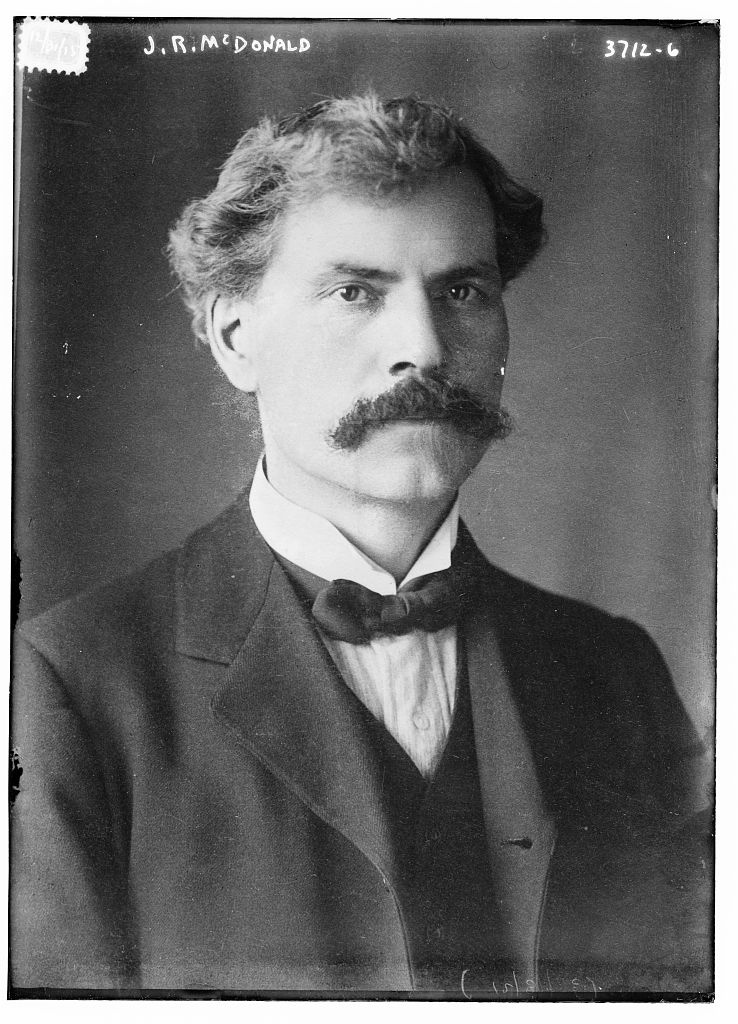|
Council Of Workers' And Soldiers' Delegates
The Council of Workers' and Soldiers' Delegates was established on 3 June 1917 at the Leeds Convention held in Leeds, England. The founding conference was attended by 1,150 delegates. It was inspired by the events of the Russian February Revolution. When news of the February Revolution (8–12 March 1917) in Russia spread to the British Isles, it inspired the labour movement to celebrate the event. The first event was a meeting organised in the Royal Albert Hall, London, on 31 March. This was attended by 10,000 people with a further 5,000 outside, for whom there was no space. The Leeds Convention established the organisation, which had the support of both the Independent Labour Party and the British Socialist Party. However, a few months later, the Bolshevik October Revolution took place; the participants had different attitudes towards it, and the council collapsed. The Leeds Convention The Leeds Convention, originally to be held at the Albert Hall, Leeds but then moved to th ... [...More Info...] [...Related Items...] OR: [Wikipedia] [Google] [Baidu] |
Leeds Convention
The Leeds Convention was a socialist meeting in Leeds, England, held on 3 June 1917. It was organised by the British Socialist Party and Independent Labour Party in the wake of the February Revolution, which had seen the abdication of Nicholas II of Russia. The Labour Party organisers hoped it would instigate a shift within the party towards support of a peace treaty to end the First World War. Many leading British socialist figures spoke at the convention and it supported, almost unanimously, the four resolutions proposed. These were to support the Russian Revolution, to support a peace treaty, to support civil liberties and to establish a network of Council of Workers' and Soldiers' Delegates, councils of workers' and soldiers' delegates. The convention was criticised in the right-wing press and raised the concerns of British king George V but ultimately led to little progress. The Labour Party came to dominate the movement and, with prominent member Philip Snowden, 1st Vi ... [...More Info...] [...Related Items...] OR: [Wikipedia] [Google] [Baidu] |
